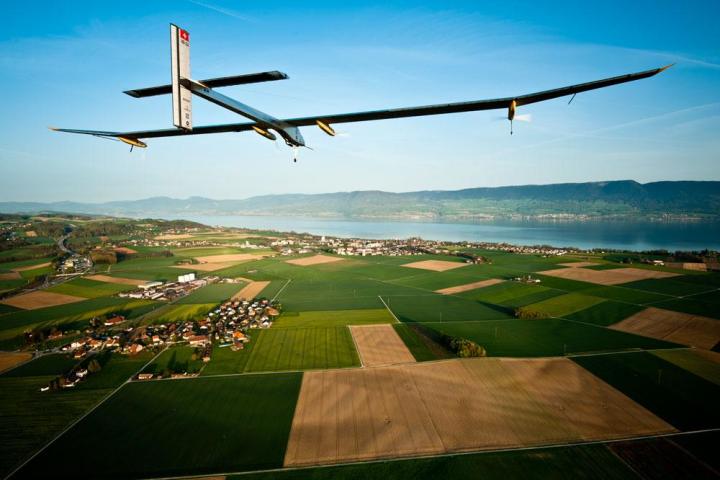
A total of 17 legs were needed to complete the 25,000 miles included in the round-the-world trip. Now that this journey has been completed, what is next for the Solar Impulse plane and it Swiss founders? Well, let’s just say the future does not include the word retirement.
Bertrand Piccard and André Borschberg spent more than 10 years and 150 million euros in the research and development of the Solar Impulse solar-powered plane, and they are not ready to stop. During their journey from concept to successful flight, the pair delved deeply into the world of energy-efficient batteries and green technology, becoming experts in both fields. Using this knowledge and experience, Piccard and Borschberg plan to focus on applying what they learned to the broader areas of aviation and travel. “The future is clean. The future is you. The future is now. Let’s take it further,” said Solar Impulse co-founder Piccard following the completion of the groundbreaking flight.
First and foremost, the team is not ready to retire the Solar Impulse airplane. The craft was designed to fly up to 2,000 hours and has only 700 hours of flight time from the recent around-the-world mission. With 1,300 hours of flight time left, the team wants to use the plane to spread its message about clean technology in both aviation and ground transportation.
They also hope to use the aircraft to develop and test autonomous flight controls. Though you likely won’t see a solar-powered, independent 747 flying in and out of your local airport, the technology developed by the Solar Impulse team lends itself well to drones. Further testing of the current and future Solar Impulse planes could be used in the design of upcoming, long-range, solar-powered drones.
On the advocacy side, Piccard and Borschberg recently formed the International Committee of Clean Technologies, which is an extension of the team’s #futureisclean initiative. The committee is organized to help both governments and businesses make informed decisions on clean technologies. “The International Committee of Clean Technologies is a fantastic opportunity to bring together a group of experts, with diverse experiences and backgrounds, to speak in one voice and leverage the efforts needed to bring change and influence global decision makers in the areas of clean technologies and renewable energy,” said co-founder Borschberg in a related statement.



